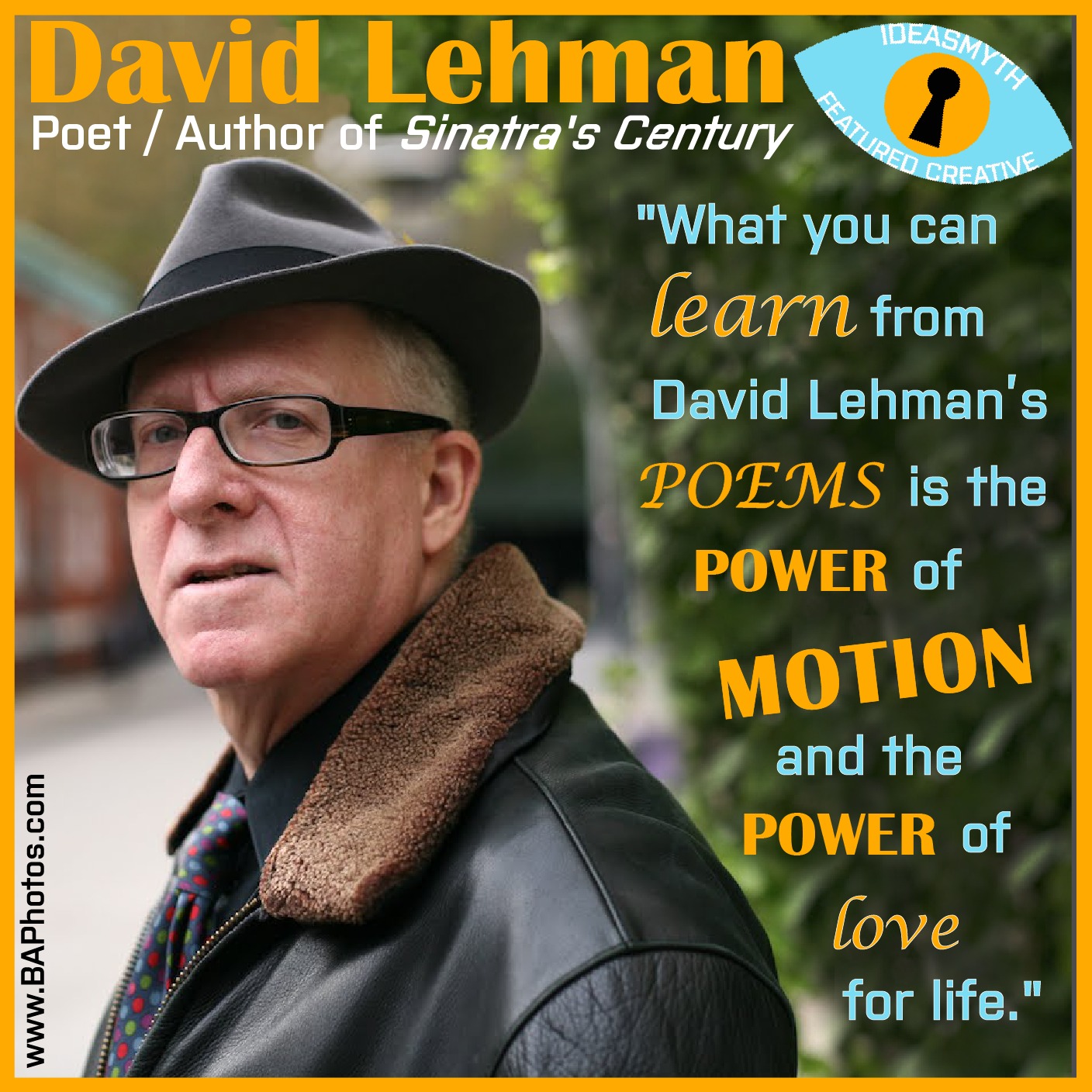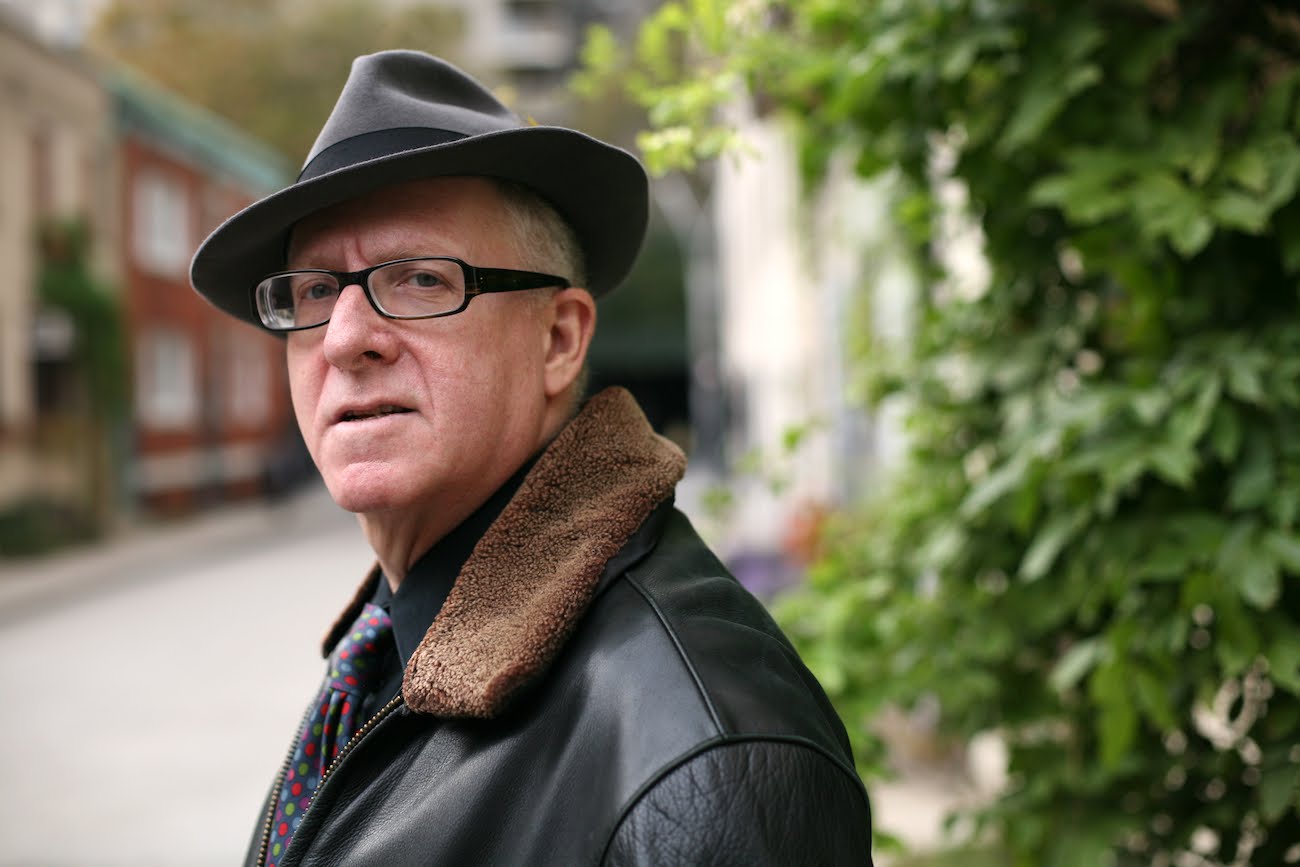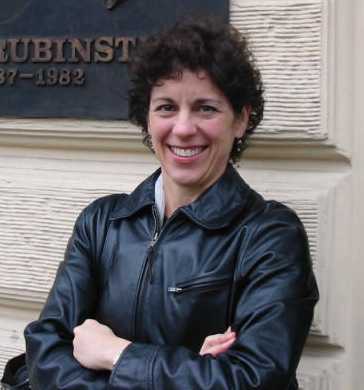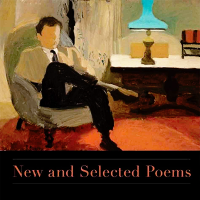 So happy and honored that David Lehman, the de facto dean of American Poetry is this week’s Featured Creative. Unlike so many academics in positions of authority (he’s head of the Poetry MFA division at The New School), Lehman is incredibly disciplined about walking the talk of continuously producing new writing himself and mentoring his students. Lehman has published several volumes of poetry–most recently his New and Selected (Scribner, 2013)–including his accessible, witty, thought-provoking collections that come from his personal challenge of creating a poem a day. He has also edited anthologies of other poetry genres (erotica, prose poems) and produced several acclaimed works of cultural history, the latest being on Frank Sinatra. Unlike so many of his peers, Lehman is no bookish ivory tower loner, but a maestro of creating community. Every year Lehman invites a new guest editor to helm the selections and discover new voices for the annual Best American Poetry series (which he created in 1988). The other half of the Lehman dynamic duo is his wife, Stacey Harwood-Lehman, who curates the award-winning Best American Poetry Blog–and this week’s Ideablog posts. Whether discovering new talent for an anthology, discovering new ways to run a weekly quiz contest, or discovering a new form for a biography of a beloved pop-culture icon, David Lehman proves himself a explorer of the creative realm with an impressive knack for finding gold wherever he goes.
So happy and honored that David Lehman, the de facto dean of American Poetry is this week’s Featured Creative. Unlike so many academics in positions of authority (he’s head of the Poetry MFA division at The New School), Lehman is incredibly disciplined about walking the talk of continuously producing new writing himself and mentoring his students. Lehman has published several volumes of poetry–most recently his New and Selected (Scribner, 2013)–including his accessible, witty, thought-provoking collections that come from his personal challenge of creating a poem a day. He has also edited anthologies of other poetry genres (erotica, prose poems) and produced several acclaimed works of cultural history, the latest being on Frank Sinatra. Unlike so many of his peers, Lehman is no bookish ivory tower loner, but a maestro of creating community. Every year Lehman invites a new guest editor to helm the selections and discover new voices for the annual Best American Poetry series (which he created in 1988). The other half of the Lehman dynamic duo is his wife, Stacey Harwood-Lehman, who curates the award-winning Best American Poetry Blog–and this week’s Ideablog posts. Whether discovering new talent for an anthology, discovering new ways to run a weekly quiz contest, or discovering a new form for a biography of a beloved pop-culture icon, David Lehman proves himself a explorer of the creative realm with an impressive knack for finding gold wherever he goes.
~Victoria C. Rowan, Ideasmyth Creatrix-in-Chief
***
Yesterday we brought you Part I of a two-part in-depth interview with David. It touches on many of the themes and subjects that have concerned David over the course of his career. Here’s Part II:
I want to get back to God, briefly. At the end of your poem “Existentialism,” you write, “Such perhaps is the fate of certain avant-garde movements in art or thought. They arrive with the intent to move heaven and earth, and after they’ve gone, what they leave is their faded glamour, and it’s same old hard earth, and heaven’s as remote as ever.” To what extent is this statement true of any major idea, or any theory of God?
I think it’s true of all philosophy, including even the greatest, the most systematic thinkers from Plato to the present, who have done their best to confront the ultimate questions about the meaning of our existence: what would make a perfect state, what makes a great work of art, what would constitute an adequate explanation for how the world came into being, or what will happen after we die. Great works have been written, and none of them has settled these questions. You can’t do that, so at the end of the process, you still have what you started out with, a hard earth and a distant sky, by which I mean that the earth is resistant to your wish to assert yourself and heaven is too far away to reach. Time is resistant to your desire to make a name for yourself. Mortality resists your wish to endure. And at the same time as there is all this material resistance to your accomplishing what you want to achieve, you also have a self that aspires to a high spiritual state. And that’s a state very different from our quotidian lives, because we’re mortal beings whose bodies corrupt, and who are susceptible to lust, and whose behavior is not at all to be idealized. We are living contradictions in some ways. And movements come and they go. Existentialism came along and it was the killer philosophy of its day. And where is it today?
For a time it was so chic.
Very chic, very glamorous. And I wanted in that piece [“Existentialism” in Yeshiva Boys] to convey some of that flavor. People would use that term in a very inexact but compelling way. Norman Mailer used the term to describe John F. Kennedy.
Existentialism comes up again in [Yeshiva Boys]. The first two sections of the title poem depict a Yeshiva classroom. It’s led by “Rabbi Kafka,” and the classroom is full of students whose names are Biblical references and names of Jewish writers. I’m wondering if you would read section two, and then answer a question about it.
Rabbi Kafka. Of course that makes you think of the writer. But I was thinking of a friend of mine, who had consulted a psychiatrist named Kafka, and that seemed hilarious and bizarre–to have a psychiatrist named Kafka when Kafka would seem to be the ideal subject for analysis. I had a conversation about Kafka with the art critic Robert Hughes, and he said “Is there a Kafka Street in New York?” and I said “yes, but you can’t find it.”
Continue reading over at Coldfront here.
 ~~~David Lehman was born in New York City. He initiated The Best American Poetry series in 1988 and remains series editor of the annual anthology. He is the author of seven books of poems, most recently New and Selected Poems (Scribner, 2013) and Yeshiva Boys (Scribner, 2009). Among his nonfiction books are The State of the Art: A Chronicle of American Poetry 1988-2014, A Fine Romance: Jewish Songwriters, American Songs (Nextbook, 2009), The Last Avant-Garde: The Making of the New York School of Poets (Anchor, 1999) and The Perfect Murder ( Michigan, 2000). He edited Great American Prose Poems: From Poe to the Present, (Scribner, 2003) and The Best American Erotic Poems (Scribner, 2008). He edited The Oxford Book of American Poetry, a one-volume comprehensive anthology of poems from Anne Bradstreet to the present. He teaches writing and literature in the graduate writing program of the New School in New York City. He lives in New York City and spends summers in Ithaca, New York.
~~~David Lehman was born in New York City. He initiated The Best American Poetry series in 1988 and remains series editor of the annual anthology. He is the author of seven books of poems, most recently New and Selected Poems (Scribner, 2013) and Yeshiva Boys (Scribner, 2009). Among his nonfiction books are The State of the Art: A Chronicle of American Poetry 1988-2014, A Fine Romance: Jewish Songwriters, American Songs (Nextbook, 2009), The Last Avant-Garde: The Making of the New York School of Poets (Anchor, 1999) and The Perfect Murder ( Michigan, 2000). He edited Great American Prose Poems: From Poe to the Present, (Scribner, 2003) and The Best American Erotic Poems (Scribner, 2008). He edited The Oxford Book of American Poetry, a one-volume comprehensive anthology of poems from Anne Bradstreet to the present. He teaches writing and literature in the graduate writing program of the New School in New York City. He lives in New York City and spends summers in Ithaca, New York.
 ~~~Stacey Harwood, Managing Editor of the Best American Poetry Blog, was until recently a policy analyst for the New York State Public Service Commission, the agency that regulates gas, electric, water, and telephone service in New York State. Her poems and essays have been published or are forthcoming in The LA Times, Michigan Quarterly Review, Humor, Lit, Saveur, Tablet, the Wall Street Journal and elsewhere. Paul Muldoon selected her poem Contributors’ Notes for The Best American Poetry 2005. She is the poet laureate of the New York City Greenmarket.
~~~Stacey Harwood, Managing Editor of the Best American Poetry Blog, was until recently a policy analyst for the New York State Public Service Commission, the agency that regulates gas, electric, water, and telephone service in New York State. Her poems and essays have been published or are forthcoming in The LA Times, Michigan Quarterly Review, Humor, Lit, Saveur, Tablet, the Wall Street Journal and elsewhere. Paul Muldoon selected her poem Contributors’ Notes for The Best American Poetry 2005. She is the poet laureate of the New York City Greenmarket.

